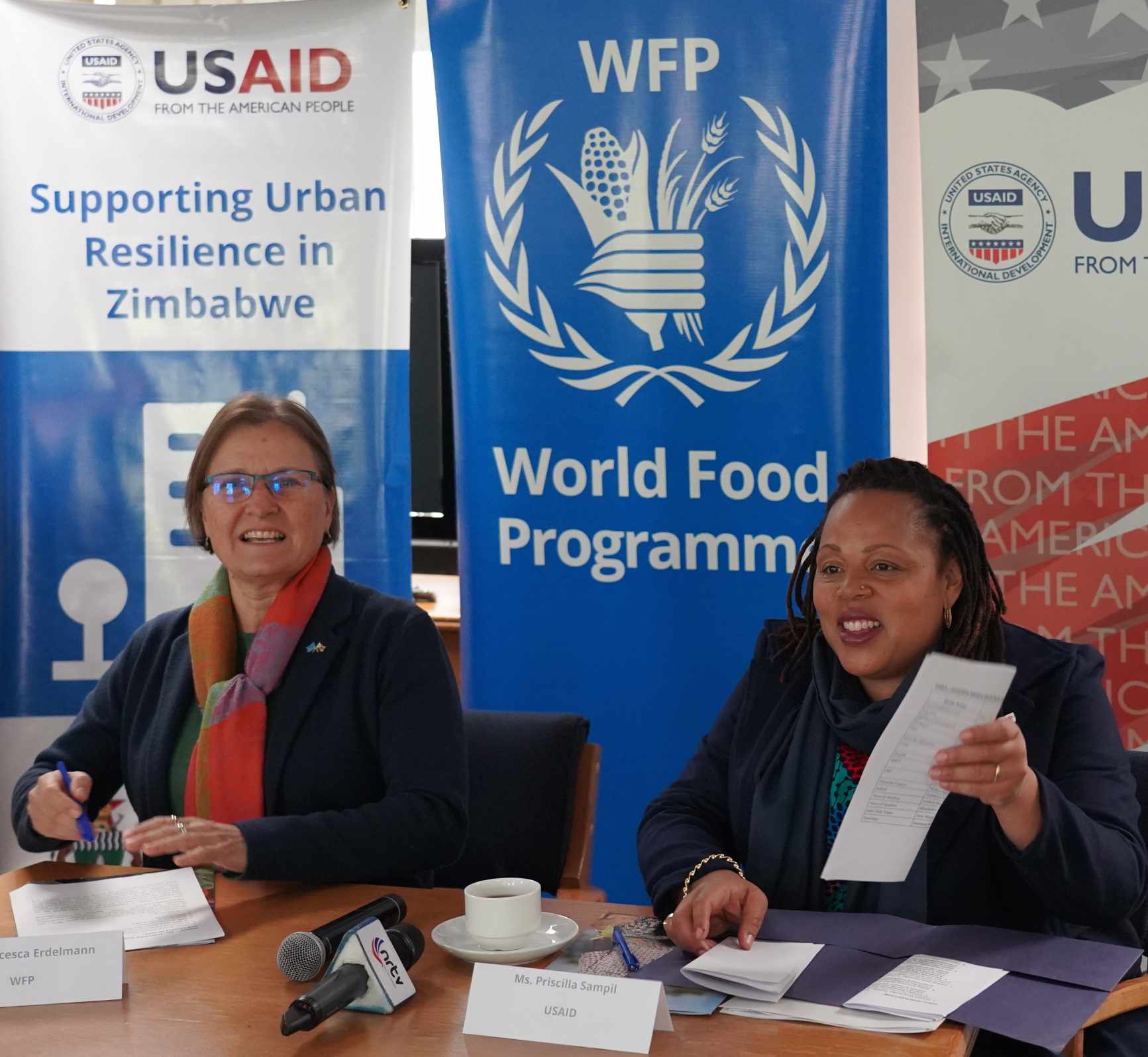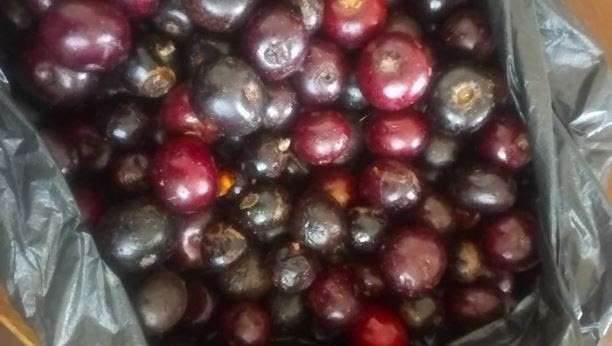Food
-
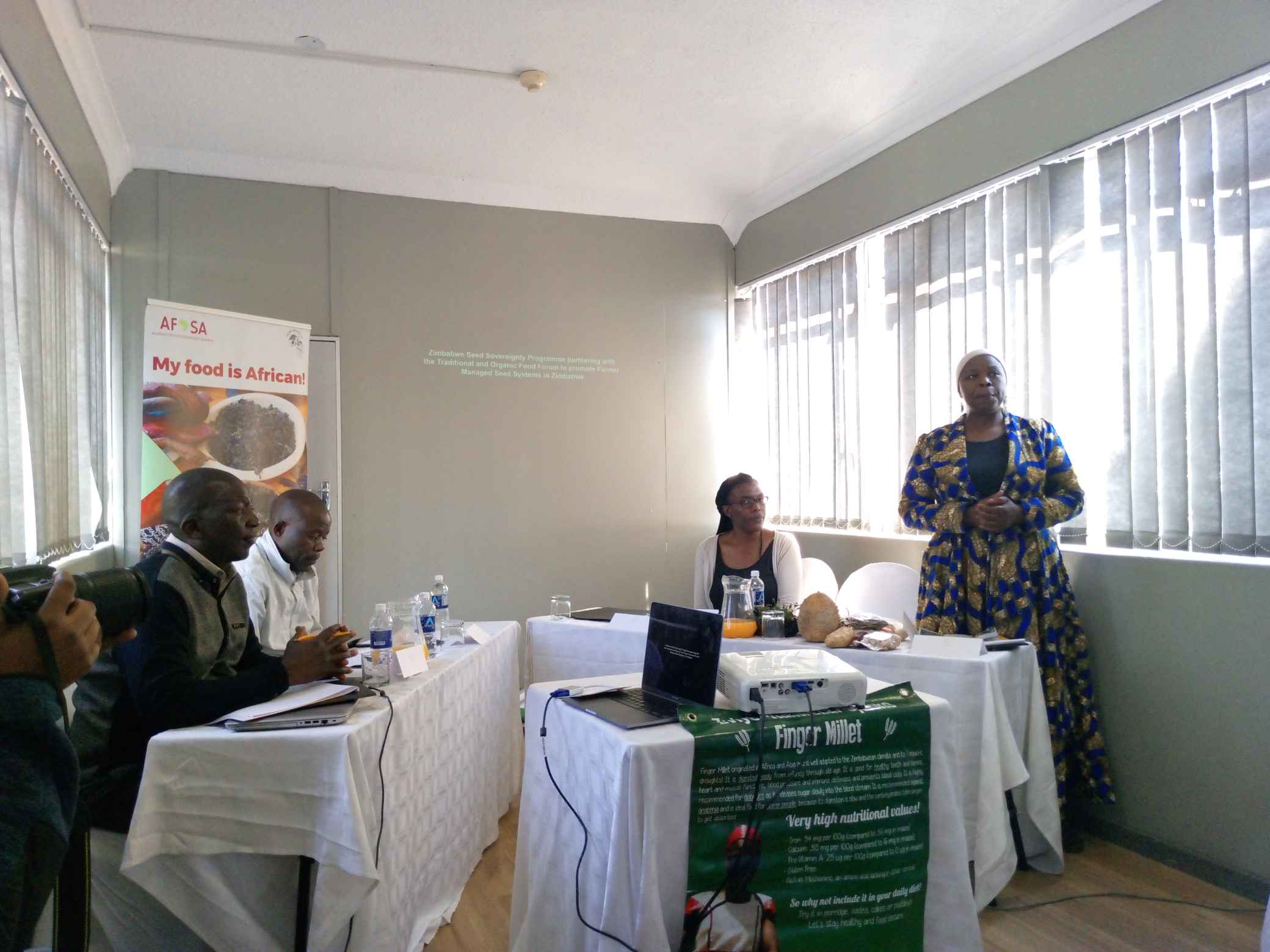
My Food is African! Campaign promotes consumption of traditional Zimbabwean foodstuffs
Under the auspices of the Alliance for Food Sovereignty in Africa (AFSA), the Participatory Ecological Land Use Management (PELUM) Zimbabwe is undertaking a campaign in Zimbabwe to raise awareness and consciousness on the farming, and consumption of traditional Zimbabwean food under the banner of the My Food is African! Campaign. In Zimbabwe, the campaign is…
-

Associated Foods Zimbabwe appoints new Managing Director
The Chair and Board of Associated Foods Zimbabwe (Private) Limited (AFZ) have announced the appointment of Dr. Emmanuel Katsvamutima as the new Managing Director with effect from the 1st of April 2023. Dr. Emmanuel Katsvamutima will be taking over from Mr. Simba Nyabadza, who is retiring. “We would like to take this opportunity to thank…
-
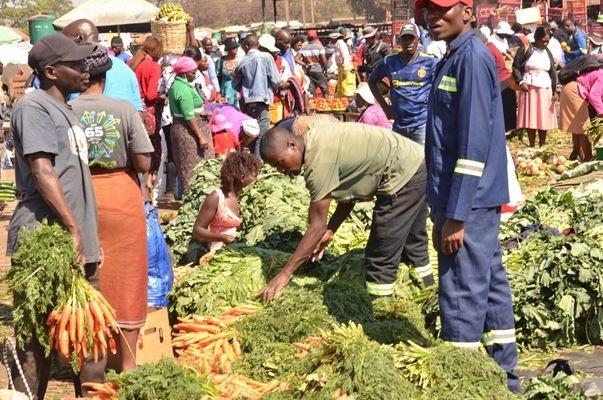
7 critical uncertainties that affect African farmers and food systems
Writes Charles Dhewa While volatility, uncertainty, complexity, and ambiguity (VUCA) have become a major characteristic of all economies across the globe, the situation is worse for African farmers and food systems. In agriculture-driven African economies, some of the enduring uncertainties include the following: 1. Price uncertainties – whether producing for the domestic market or export market,…
-

ActionAid report: High food and fuel prices affect world’s marginalised communities
The cost of food, fuel, and fertiliser in some of the world’s most vulnerable communities is continuing to escalate to crisis levels since Russia’s invasion of Ukraine, with families spending up to ten times what they paid almost 16 months ago, according to new analysis from international humanitarian organisation ActionAid. A survey of more than…
-
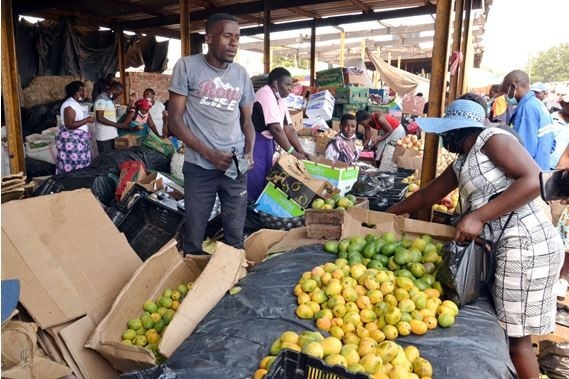
Trading raw commodities generates more knowledge than trading processed food
…surprises from African mass food markets By Charles Dhewa For people keen to learn about indigenous entrepreneurship, African mass food markets never disappoint. Also known as territorial markets, these institutions are the heartbeat of genuine knowledge exchange. Like any other institution where thousands of people congregate, African mass food markets are not perfect but they…
-
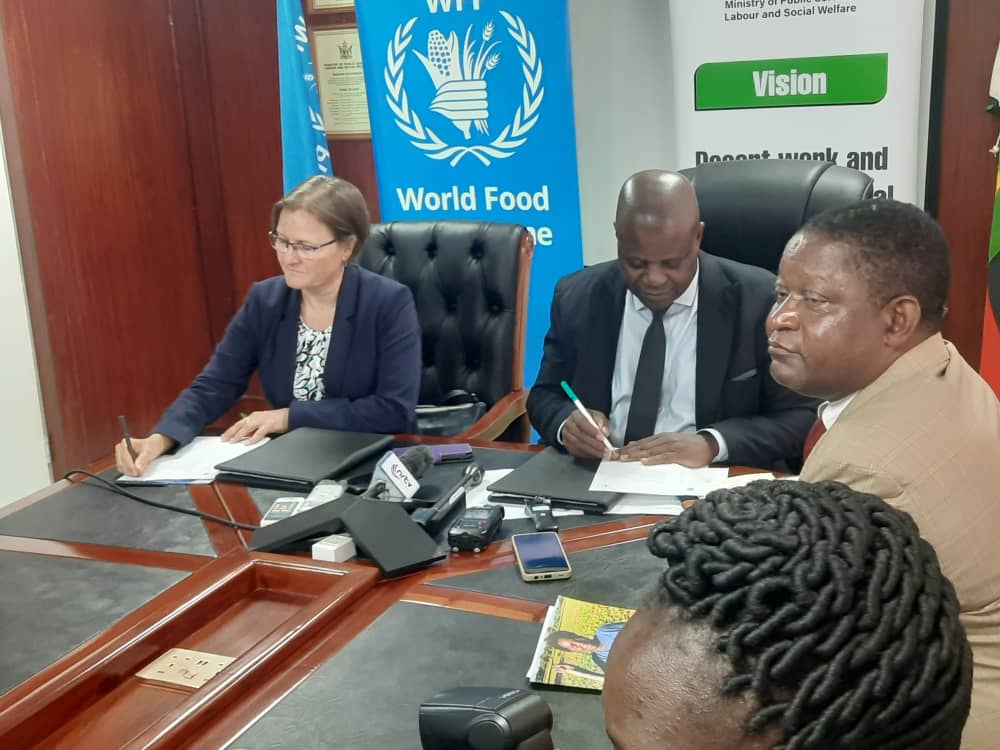
Government of Zimbabwe helps meet refugees needs
The Government of Zimbabwe has today contributed 4,400 mt of maize grain to the United Nations World Food Programme (WFP) to meet the food needs of refugees living at Tongogara Refugee Camp in Chipinge. The in-kind contribution comes at a critical time – when funding for refugees is limited and follows the commitment made by…
-
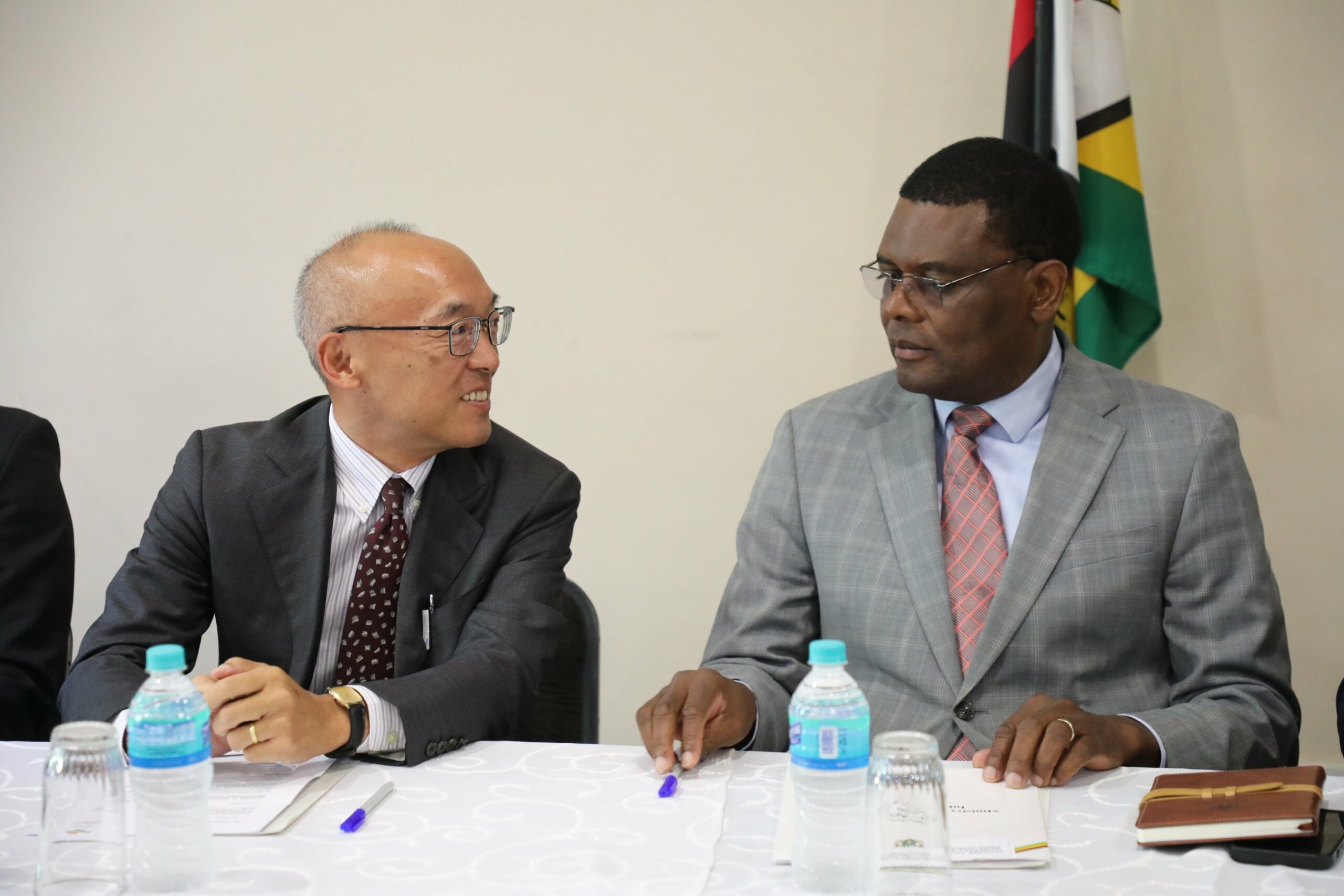
Japan helps boost community resilience in Zimbabwe’s rural areas
The United Nations World Food Programme (WFP) has rolled out resilience-building activities with the support of the Government of Japan to boost food security and improve the livelihoods of nearly 9,000 people in Chiredzi district, in southern Zimbabwe. The funding, a US$ 900,000 contribution coming at a critical time, will help WFP to provide food…
-

Food safety risks in developing countries’ informal sector tackled in new report
The report was produced by Spencer Henson, Steven Jaffee, and Shuo Wang More sticks, fewer carrots: New directions for tackling food safety risks Key messages Despite ongoing structural changes, small-scale processors, grocers, market vendors, and food service operators dominate the food systems of most low- and lower-middle-income countries; Unsafe food is widespread in informal food…
-
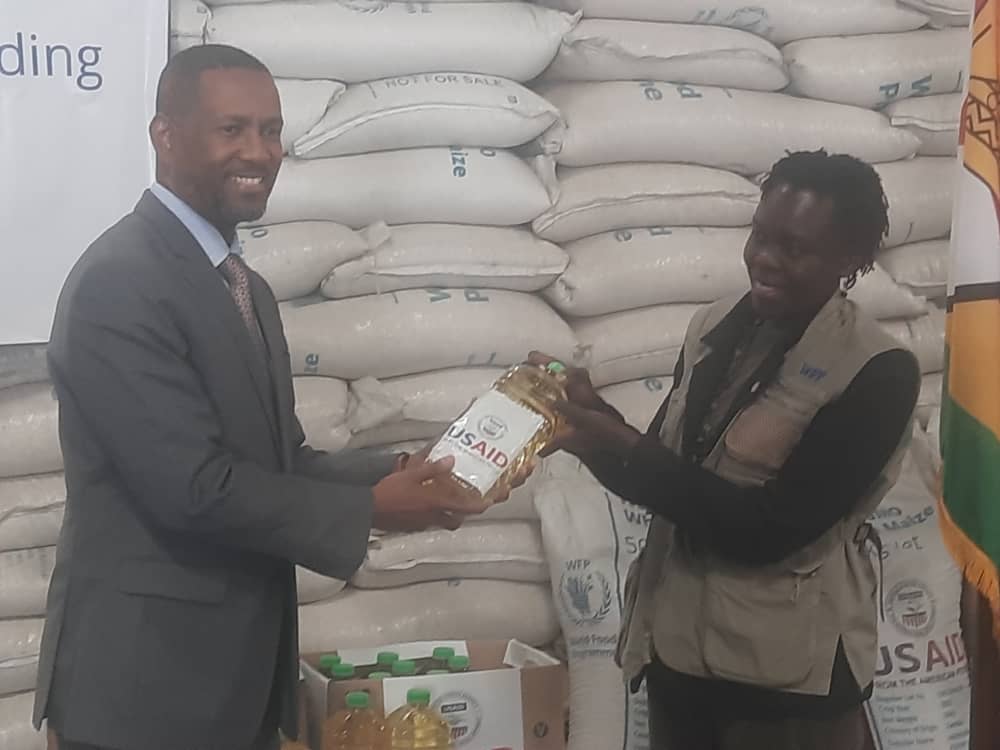
USAID and WFP Help 66 000 Hunger-Stricken Zimbabweans
Writes Evans Muranganwa Humanitarian agency, World Food Programme has received US$8.7 million for its 2023 Food for Assets programme from the United States government through USAID. Speaking at the handover ceremony, USAID acting mission director Mr. Ramses Gauthier said the donation will help food-insecure households in Rushinga, Masvingo, Kariba, Mwenezi and Zvishavane. “I am honoured…
-
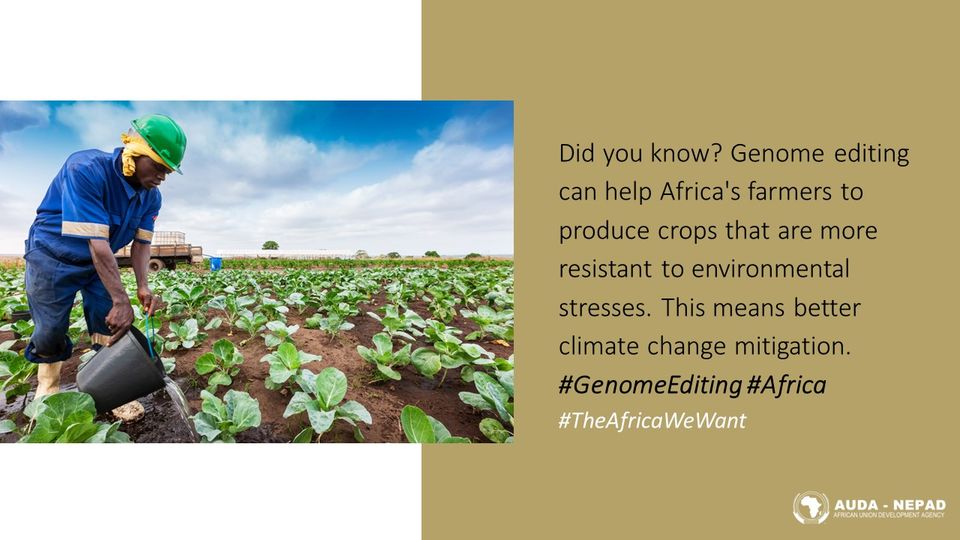
AUDA-NEPAD spearheading genome editing to optimise agricultural production
The African Union Development Agency (AUDA-NEPAD) through its Centre of Excellence in Science, Technology, and Innovation is running the Genome Editing (GEd) project meant to foster a broader understanding of modern biotechnology focusing on GEd among different stakeholder groups through communication and advocacy for enhanced uptake of the tool to optimize agriculture in Africa. This…
-
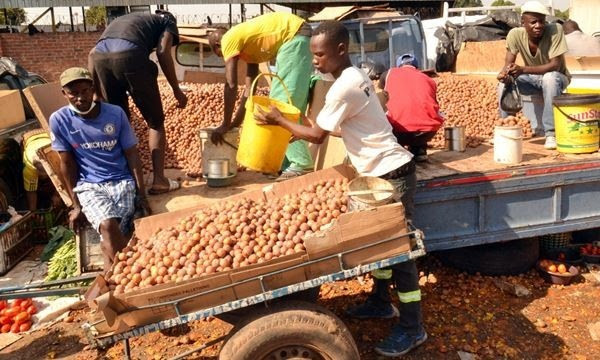
Food systems are broader than value chains – thanks to African mass markets
By Charles Dhewa While there is a tendency for policymakers to conflate food systems with value chains, mass food markets reveal how food systems are broader than value chains. That distinction is very important in clarifying and creating pathways for decolonizing food systems. Putting African mass food markets at the center of food systems demonstrates…
-
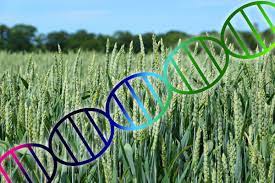
Report: Gene-edited crop seed adoption to surge
Adoption of gene-edited crop seeds is expected to increase significantly in the next 5 to 10 years, according to a Rabobank report, with adoption rates expected to surpass 50% during that period. “GE technology has the potential to solve issues across the food supply chain for all stakeholders,” said Chia-Kai-Kang, farm inputs analyst for Rababank.…
-

CIMMTY-Zimbabwe annual field day to showcase mechanisation technologies
By Wallace Mawire The International Maize and Wheat Improvement Center (CIMMYT) will convene its annual field day at the CIMMYT Southern Africa Regional Office in Harare on the 5th of April 2023. The field day will be held at CIMMYT, a 12.5 km peg along Mazowe Road in Mt Pleasant, Harare. According to Moses Siambi,…
-
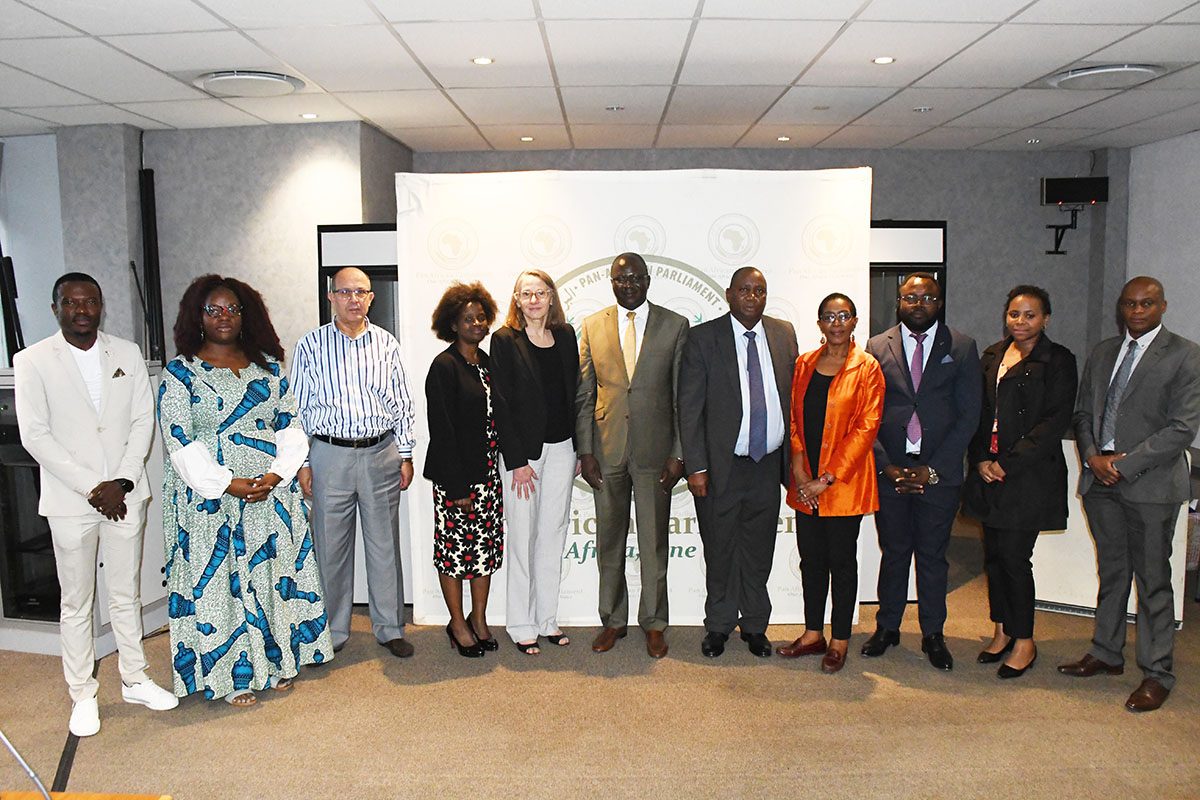
PAP, FAO collaborate on food security and nutrition in Africa
—
by
The Pan-African Parliament (PAP) and the Food and Agriculture Organization of the United Nations (FAO) met to appraise the milestones reached as part of their existing collaborative framework. Technical teams from both parties held an engagement on lessons learned, and ways to sustain and amplify the collaboration in new areas of common interest. As a background, PAP and…
-
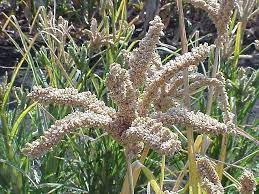
Indigenous crops underutilised as climate change threatens food systems
Elizabeth Njoroge recounts her poverty-stricken upbringing in Ting’ang’a village in the Central part of Kenya, growing up on a diet heavy on Amaranth and pumpkin. The 45-year-old speaks about the shame of neighbours finding out the frequency with which her family consumed foods associated with poor and extremely food-insecure households. “Terere (Amaranth) grew just like weed.…
-
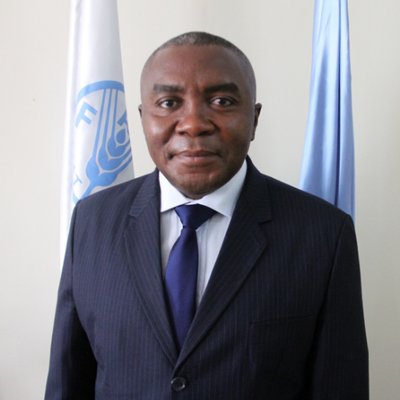
International Year of Millets: Nutritional and health benefits of millets
By Patrice Talla – FAO Subregional Coordinator for Southern Africa and FAO Representative in Zimbabwe, Eswatini and Lesotho This year we are celebrating the International Year of Millets. The year was endorsed by Members of the Food and Agriculture Organization of the United Nations (FAO) and its Governing Bodies and declared at the 75th Session…
-
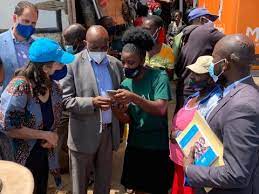
Government, UNICEF Emergency Cash Transfer strengthening households’ food security
The Ministry of Public Service, Labour and Social Welfare, UNICEF and partners have officially launched the next phase of the Emergency Social Cash Transfer (ESCT) Programme that aims to provide cash payments to close to 19,000 households in five new rural districts. The programme was launched during a workshop held in Bulawayo, recently. Under this…
-
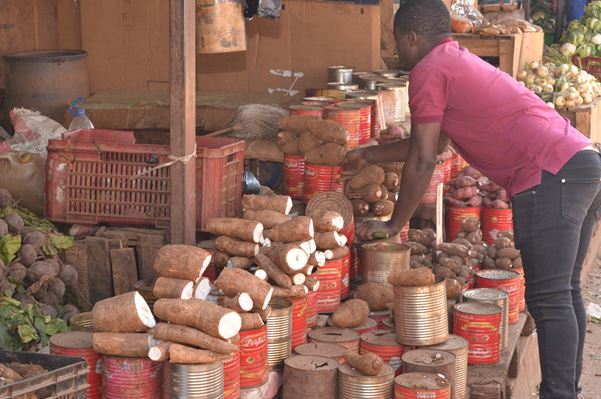
Narrow extension models are no longer suitable for holistic food systems
By Charles Dhewa Besides being instruction-oriented, conventional extension models were designed to promote a narrow range of hybrid crops and livestock. This has rendered extension services in many African countries unfit for the purpose given that African food systems are too broad and includes wildlife that co-exists with farmers. In most communities, baboons, monkeys, wild…
-
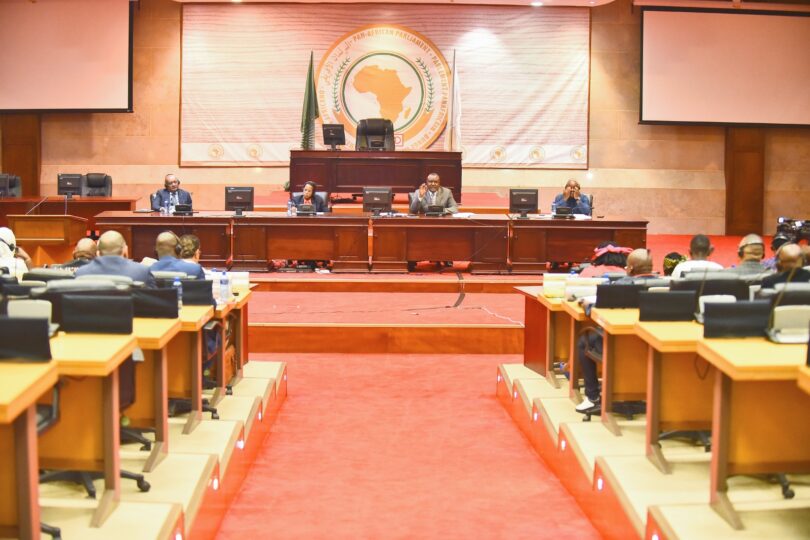
Pan African Parliament tackles food, sports on the continent
The Pan African Parliament (PAP)’s Permanent Committee on Education, Culture, Tourism, and Human Resources has promised to work on promoting African food and eradicating visas for sports teams travelling within the continent. This emerged today during a session chaired by Hon Senator Chief Fortune Z. Charumbira, the President of the PAP that was held under…
-
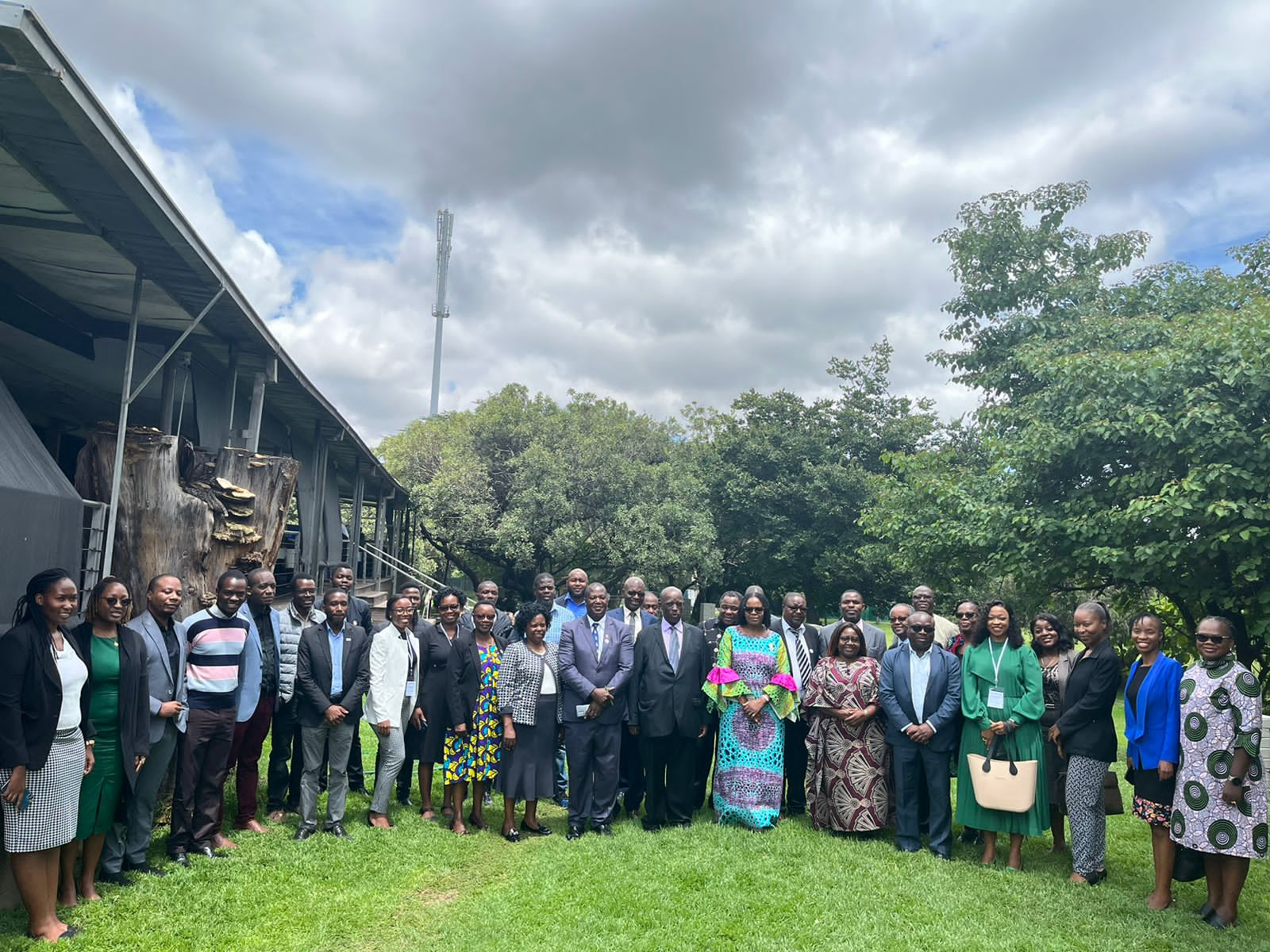
Genome editing promotes industrialisation, enhances crop resistance to pests and diseases
Genome editing is one of the new and emerging technologies that falls under the biotechnology umbrella, the application of which can potentially enhance the agricultural sector through improved crop resistance to pests and adverse environmental conditions, a senior government official has said. Professor Fanuel Tagwira, the Permant Secretary for the Ministry of Higher and Tertiary…
-

One year of war against Ukraine: acting together to ensure international law will prevails
By Josep Borrell 24 February 2022 will forever be recalled as the day when Russia started its brutal, unprovoked, and illegal invasion of Ukraine. This was and remains a case of pure aggression and a clear-cut breach of the UN Charter. This war is neither ‘just a European issue’, nor is it about the ‘West…
-
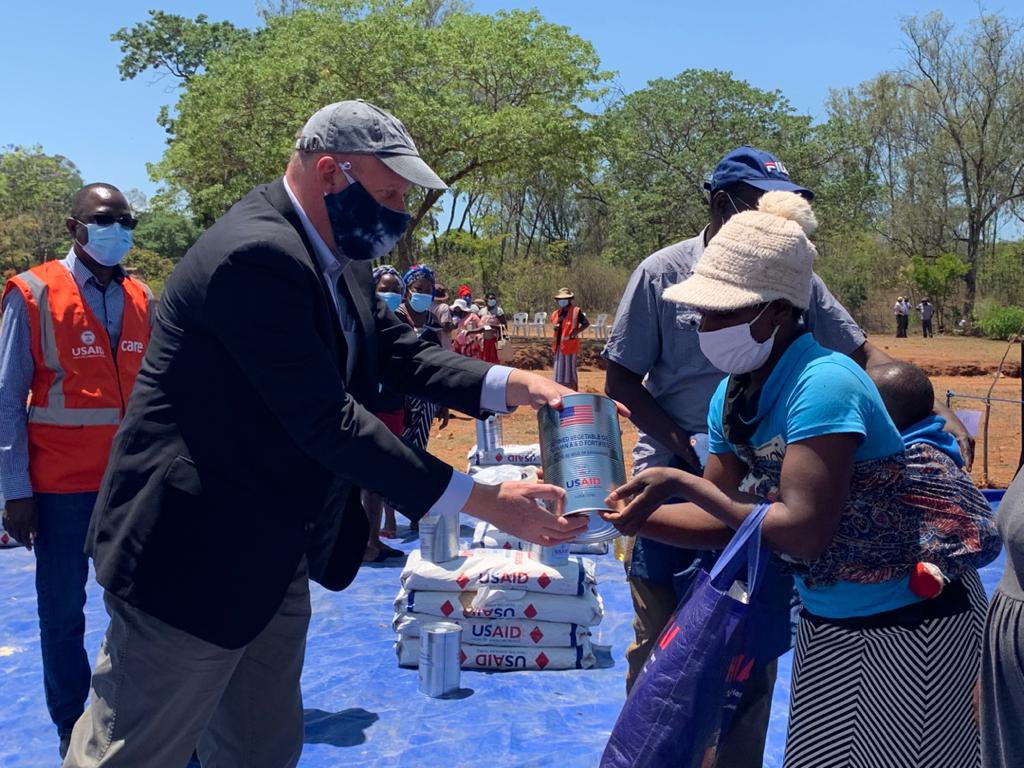
Care International, partners implements USAID-funded programme to improve food security
By Wallace Mawire CARE International has launched its partnership with the Food, Agriculture, and Natural Resources Analysis Network (FANRPAN), in collaboration with its Zimbabwe Country Node Hosting Institution, the Agriculture Research Council (ARC), to implement activities under the Takunda program. Takunda seeks to promote sustainable, equitable, and resilient food, nutrition, and income security for the…
-

My Zim Plate launches internationally on DStv
Zimbabwean cuisine comes into the spotlight across Africa this weekend, when My Zim Plate launches internationally on DStv. Liz Dziva, publicity, and public relations manager of MultiChoice Zimbabwe said the show will be starting with the debut episode at 4.30 pm on Sunday, February 12. “We are so excited to see yet another Zimbabwean-themed show…
-
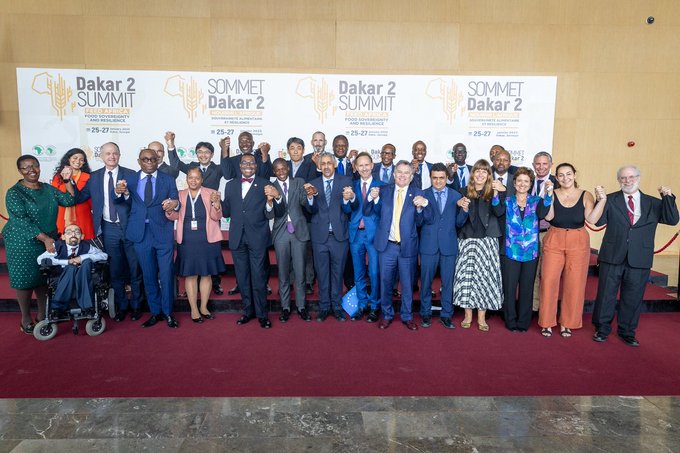
Diversity key to achieving food sovereignty and resilience in Africa: AFSA
Alliance for Food Sovereignty in Africa (AFSA) is of the view that diversity, not false solutions, is the key to achieving food sovereignty on the African continent. Below, is the AFSA statement on the African Development Bank (AfDB)’s Dakar 2 Food Summit: As 34 heads of state and 70 ministers return home after three…
-

Nestlé shares healthy and nutritious recipes
By Nestlé East and Southern Africa Today’s generation has grown up in restaurants and fast-food canteens and the tradition of cooking healthy nutritious meals together slowly starts to disappear. Although the fast-food route might seem convenient, it comes at a price. Restaurant meals and fast foods are usually high in saturated fats, salt and…
-
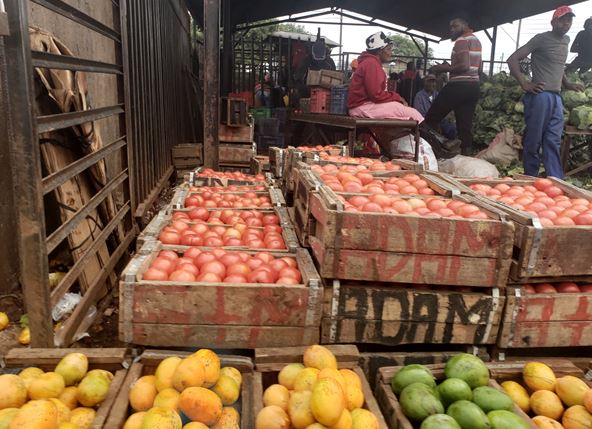
Climate Change and Food Sovereignty defining issues of our time
By Charles Dhewa That Climate Change and Food Sovereignty are defining issues of our time is no longer debatable. It follows wherever elections are done across the world, from local councilor to President, leaders should be voted on the basis of their plans to tackle climate change and food sovereignty. It is good that climate…
-
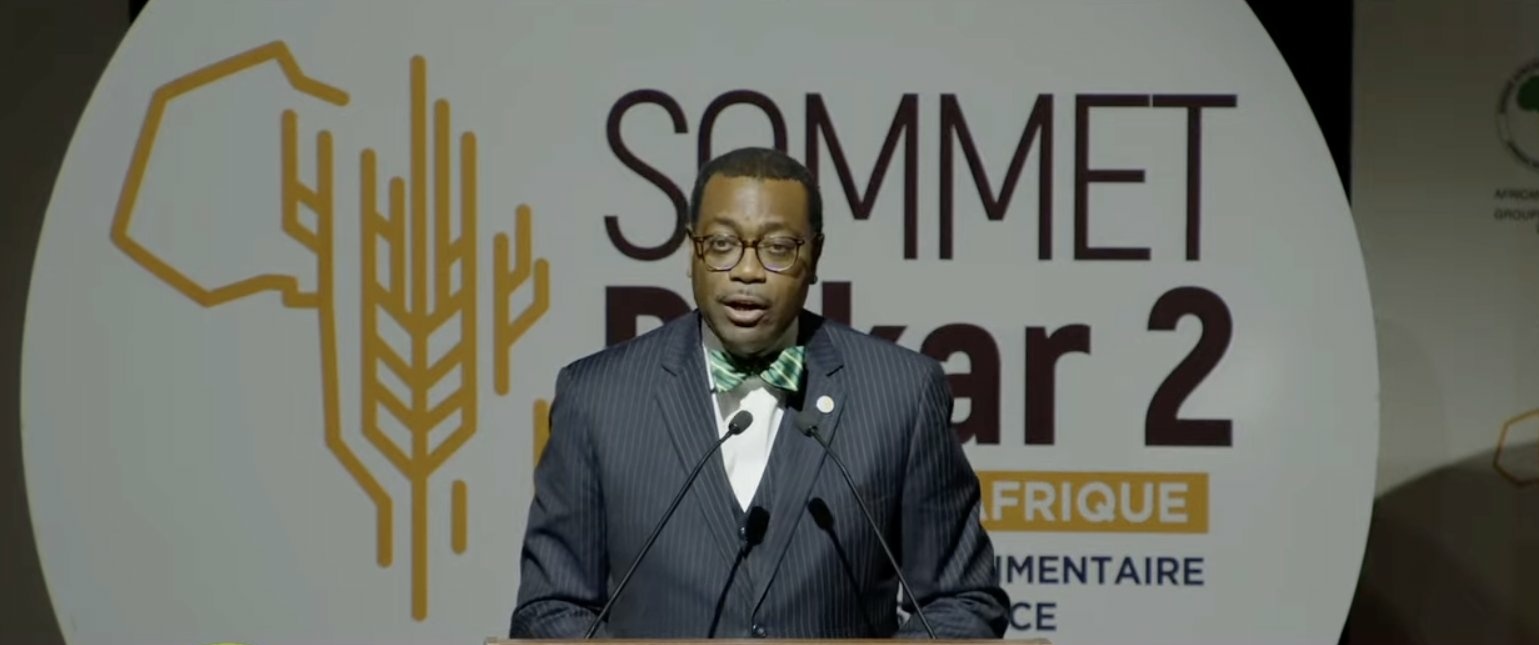
African Development Bank challenges heads of State to revolutionise agriculture
By Baboloki Semele Dakar, Senegal: Heavy debt burdens following the COVID-19 pandemic, climate change, unrest and conflicts in Africa, rising food prices, and the war in Ukraine have added more to Africa’s food insecurity. The continent is facing its worst food crisis ever with more than one in five Africans; a record 278 million people…
-
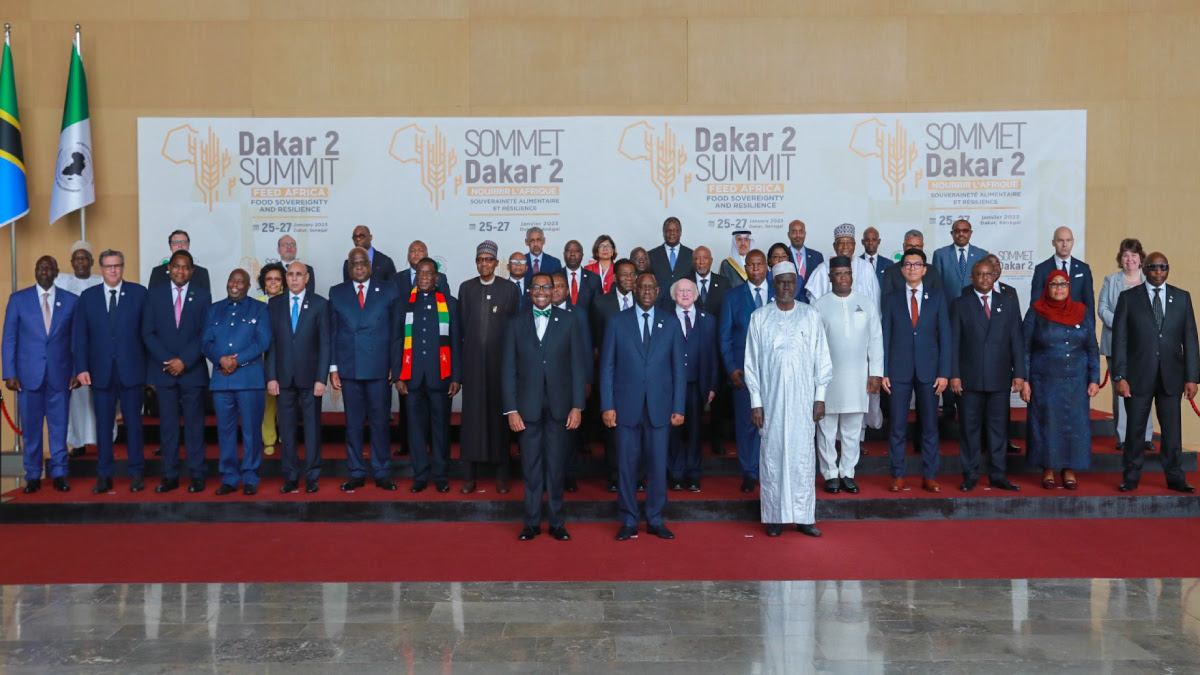
Feed Africa Summit: AfDB commits $10 billion to enhance continent’s agriculture productivity
The African Development Bank Group will commit $10 billion over the next five years to boost Africa’s efforts to end hunger and become a primary food provider for itself and the rest of the world. Bank Group President, Dr. Akinwumi Adesina, announced Wednesday at the Dakar 2 Africa Food Summit in Diamniadio, east of the…
-

Time to use mass food markets and seed fairs in decolonizing gene banks
By Charles Dhewa A very important step in decolonizing African food systems is re-defining and contextualizing the meaning of a gene bank. The conventional scientific notion of a gene bank[1] as a type of bio-repository that preserves genetic material ignores the socio-cultural dimension of genetic material. For instance, scientific gene banks for plants are built through vitro storage, freezing…
-
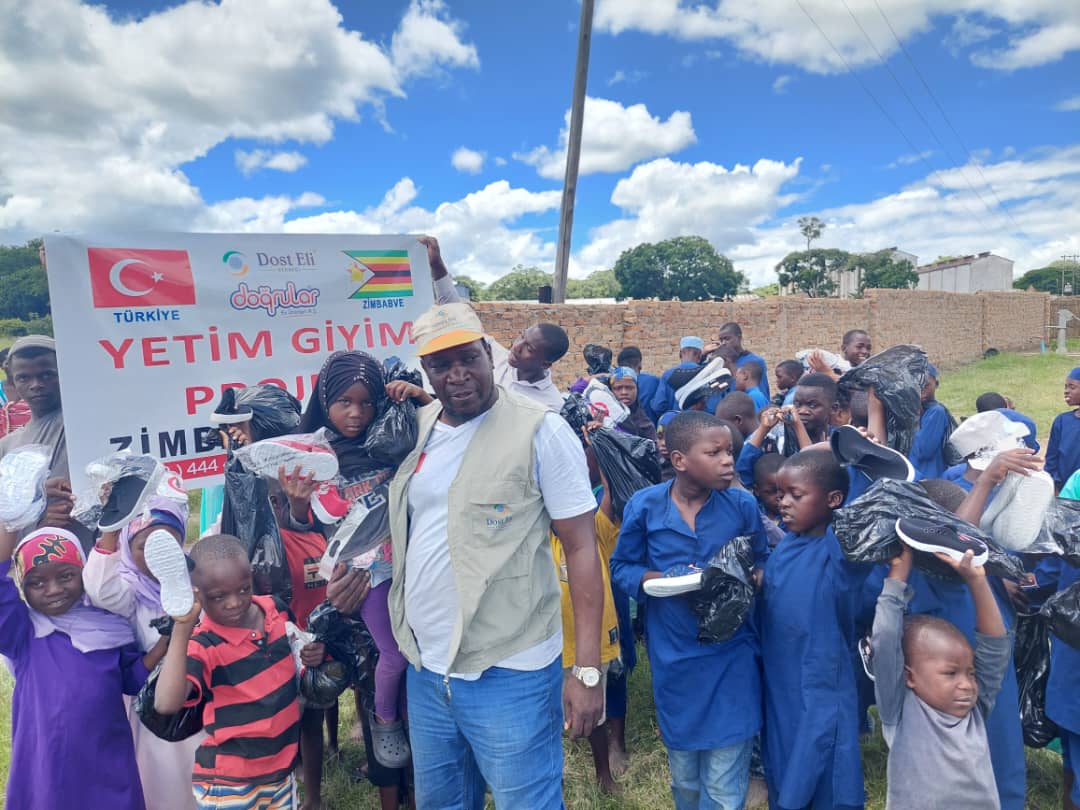
Back-to-school shot in the arm as Dost Eli donates to Darwendale students
One good turn deserves another, the adage goes, and this was put into action when Dost Eli of Turkey descended on Darwendale with yet another extended giving hand that targeted children of school-going age and disadvantaged families in the area. Adam Wadi, the Zimbabwe Trustee and Representative of Dost Eli said the gesture of benevolence…
-
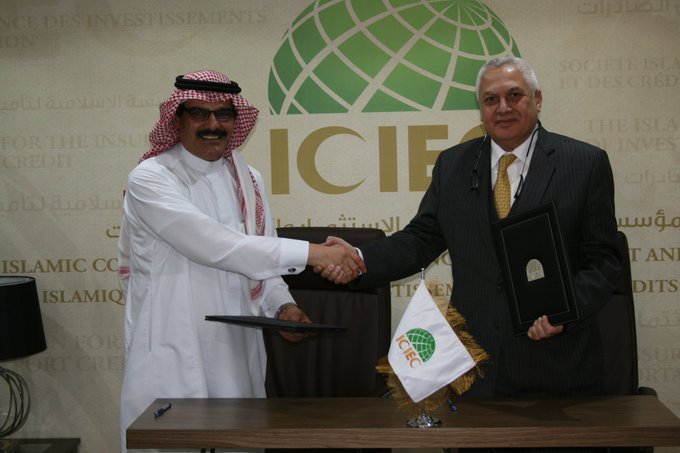
ICIEC, Al Rajhi International sign MOU to implement Agricultural and Food Security Project
The Islamic Corporation for the Insurance of Investment and Export Credit (ICIEC) (http://ICIEC.isdb.org) yesterday signed a Memorandum of Understanding (MoU) with Al-Rajhi International Investment Company (RAII) of Saudi Arabia whereby the two parties would cooperate in synergizing coordination, business development and efficient implementation of projects in the vital agricultural and food security sectors in ICIEC’s…
-

US focuses on Africa for food sustainability
By Hillary Munedzi The United States of America is focusing on Africa as the continent holds 60% of the world’s unused arable land as it reaffirms the commitment of the Comprehensive Africa Agriculture Development Program (CAADP), and the Malabo Declaration and its call to Action at the recently held US-Africa Leaders Summit. The Malabo Declaration…
-

AU Member States Pledge to Improve Nutrition and Food Security in Africa
African leaders gathered for a three-day meeting to draw attention to the 2022 African Union Year of Nutrition. The meeting ended with the signing of an “Abidjan Declaration” African Union Member States met in Abidjan and called on governments to speed up investment, coordination, and implementation of programs to improve nutrition and food security in…
-

How fragmented agricultural projects are undermining African food systems
By Charles Dhewa If there was more harmony and consolidation between agricultural interventions in Africa, most African countries would have defeated food and nutrition insecurity many years ago. Unfortunately, it seems there are people who benefit more from projectizing agricultural interventions than properly organizing and coordinating food systems. Fragmentation is due to the fact that…
-
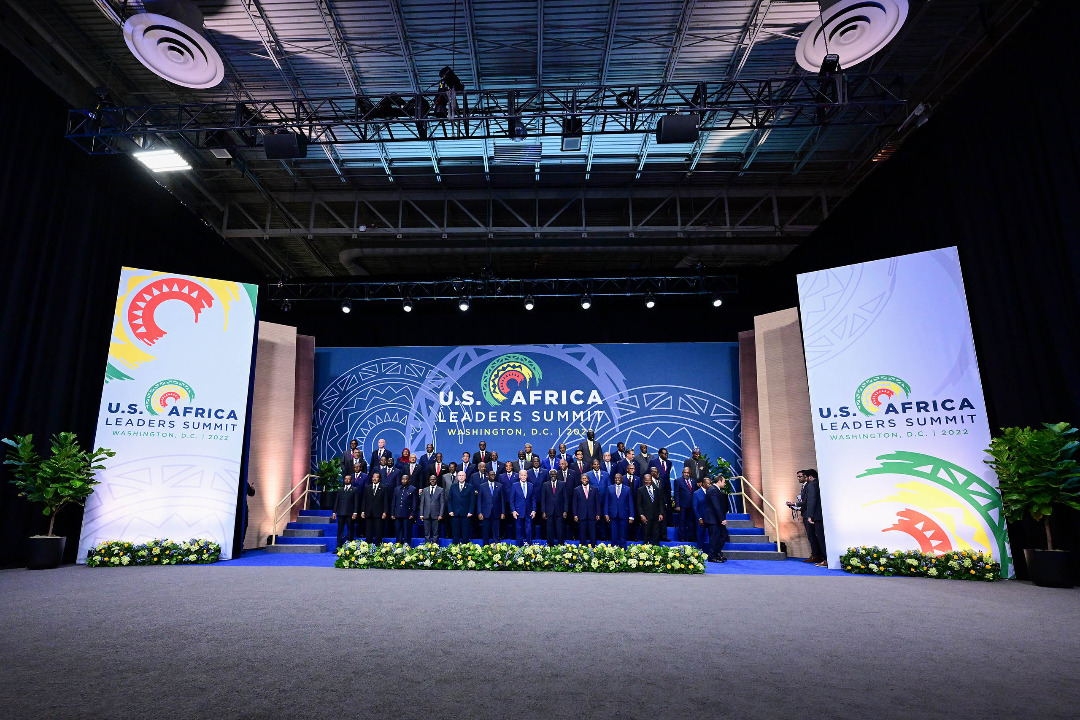
US-Africa Leaders Summit commits to nutrition investment
By Baboloki Semele African leaders and the United States government have underlined the need for increased investment and prioritization of nutrition across the African continent. According to a press statement from the African Development Bank, the bank through the African Leaders for Nutrition, the Nutrition CEO Council, and the African Union Commission convened a high-level…
-
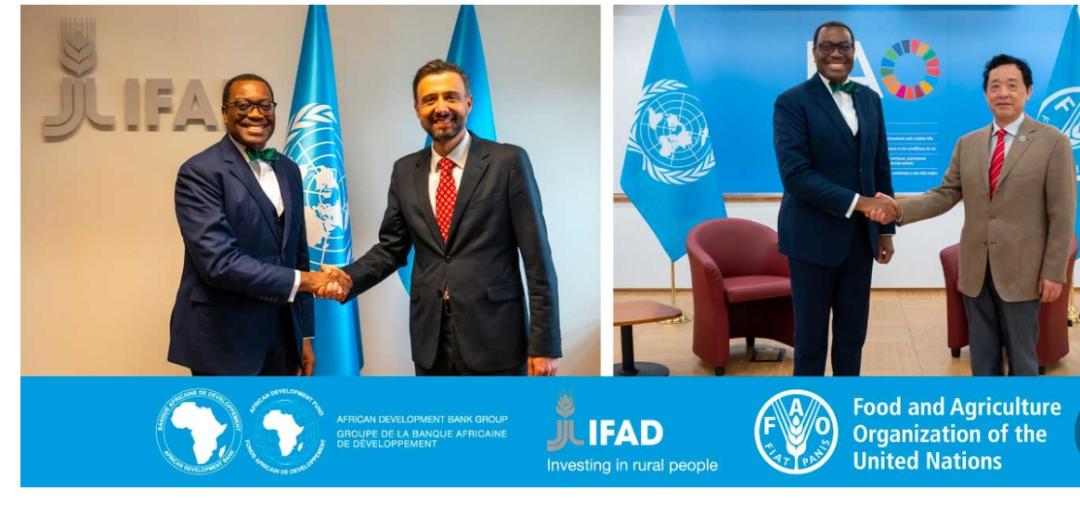
Achieving Zero Hunger in Africa is within reach: Global leaders
By Baboloki Semele Eradicating hunger in Africa by 2030 is possible, said global agriculture leaders in Rome. Meeting ahead of the African Food Summit (Dakar 2) to be hosted by President Macky Sall in Dakar, Senegal, from 25-27 January 2023, President of the African Development Bank Group Dr. Akinwumi Adesina, the International Fund for Agricultural…
-
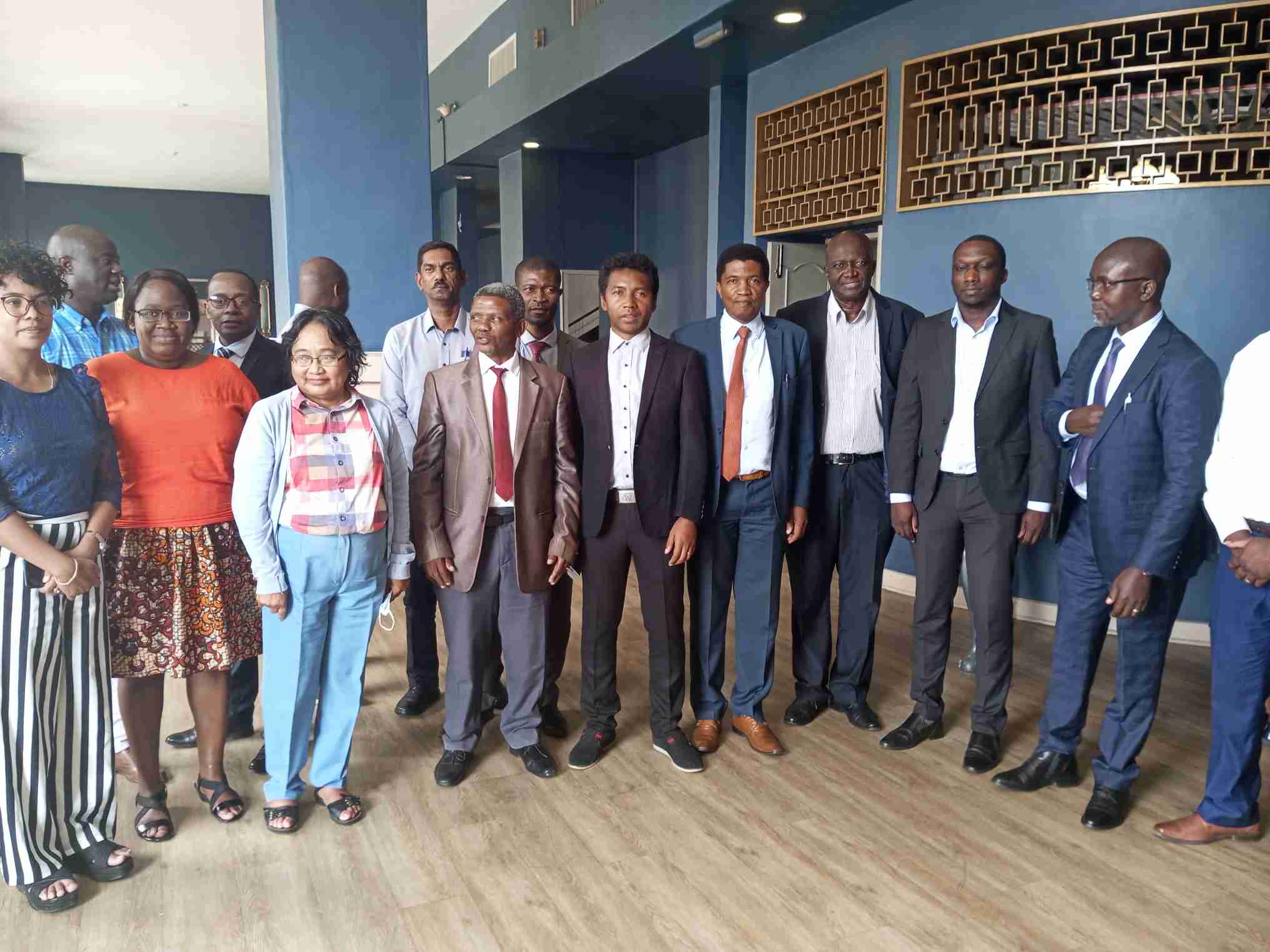
Climate-smart agriculture increases food production, promotes regional trade and integration
Mr. Pardon Njerere, a Value Chain Expert under the COMESA’s European Union-funded Regional Enterprise Competitiveness and Access to Market Programme (RECAMP), commended the role of Climate Smart Agriculture initiatives in catapulting production gains of food systems to promote regional trade and integration. He made the remarks during the COMESA Regional Dissemination Meeting on Climate-smart Agriculture…
-

COMESA promotes climate-smart agriculture best practices in the region
The Common Market for East and Southern Africa (COMESA) is implementing 5 Climate Smart Agriculture (CSA) pilot projects in the Kingdom of Eswatini, Madagascar, Seychelles, Uganda, and Zimbabwe with funding from the European Union (EU) under the Intra-ACP (Organisation of Africa, Caribbean, and Pacific Group of States) and the Global Climate Change Alliance Plus (GCCA+)…
-
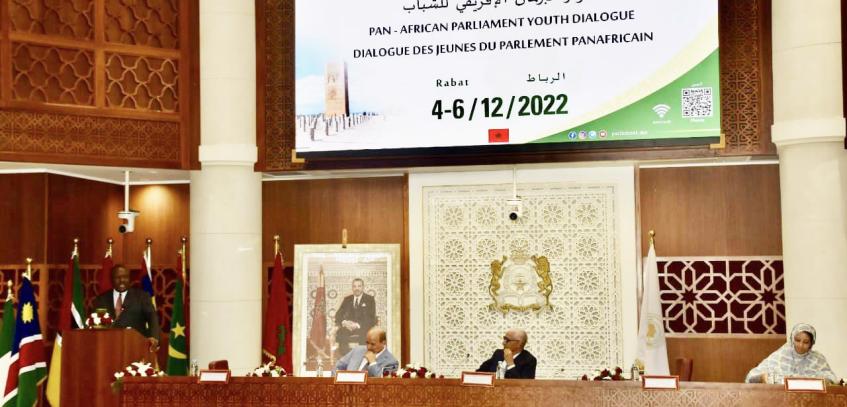
Pan-African Parliament youth dialogue focused on ending hunger and malnutrition
Young parliamentarians have been challenged to take the lead in the formulation of policies and strategies that enhance the full participation of the African youth in political and decision-making processes. The call was made yesterday at the official opening of the Pan-African Parliament (PAP) Youth Dialogue, hosted by the Parliament of the Kingdom of Morocco,…
-
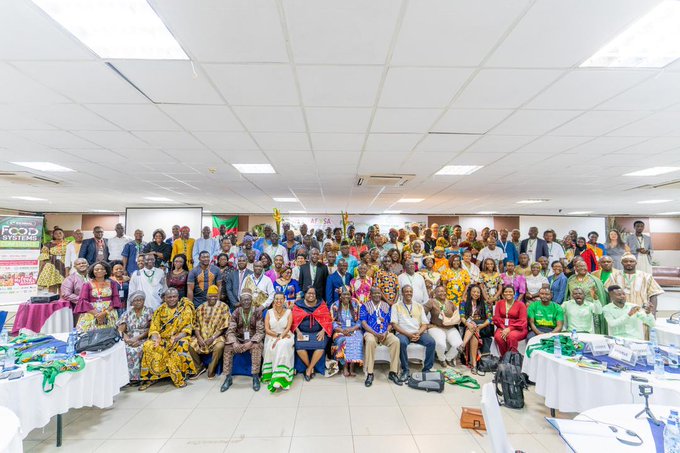
Pan-African campaign “My Food is African” launched
Diverse actors from 30 countries call for a comprehensive Africa Food Policy that addresses Africa’s need to feed itself in the face of global uncertainty and climate change. The social movements’ call came following the conclusion of the 4th Alliance for Food Sovereignty in Africa (AFSA) Biennial Food Systems Conference, which was held in Yaoundé, Cameroon,…
-
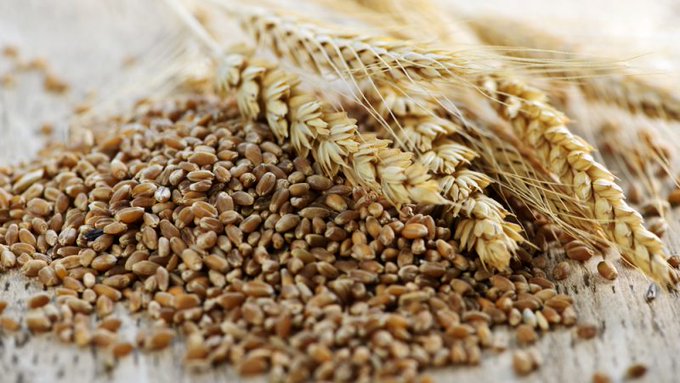
Whole Grain Impact on Global Food Security
By David Kamau and Peiman Milani The world is facing a global food crisis like none other, with food prices at historic highs, supply chains disrupted by war and disease, and climate change threatening harvests in virtually all geographies. Global food insecurity is rising so rapidly that hunger pushes one child per minute into severe malnutrition and in 2021, up to 828…
-

What if removing middlemen can kill over 60 percent of food markets?
By Charles Dhewa Middlemen are often blamed for reaping off farmers and consumers. However, most of the criticism is based on a poor understanding of how markets function and the gaps closed by middlemen. All markets have unique ways of assigning roles to different actors. If middlemen were not important in coordinating supply chains and…
